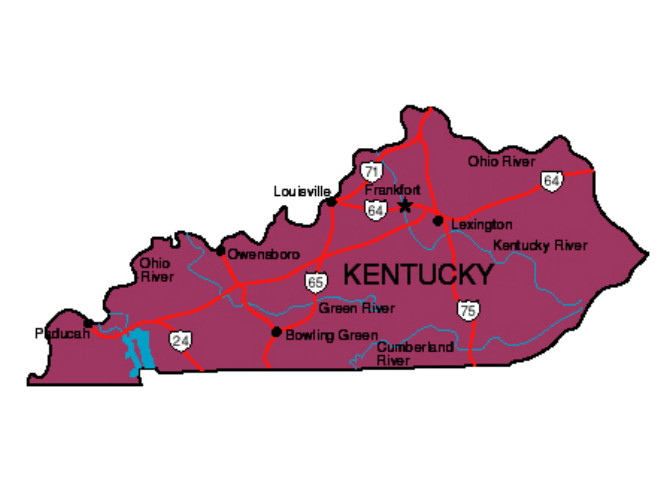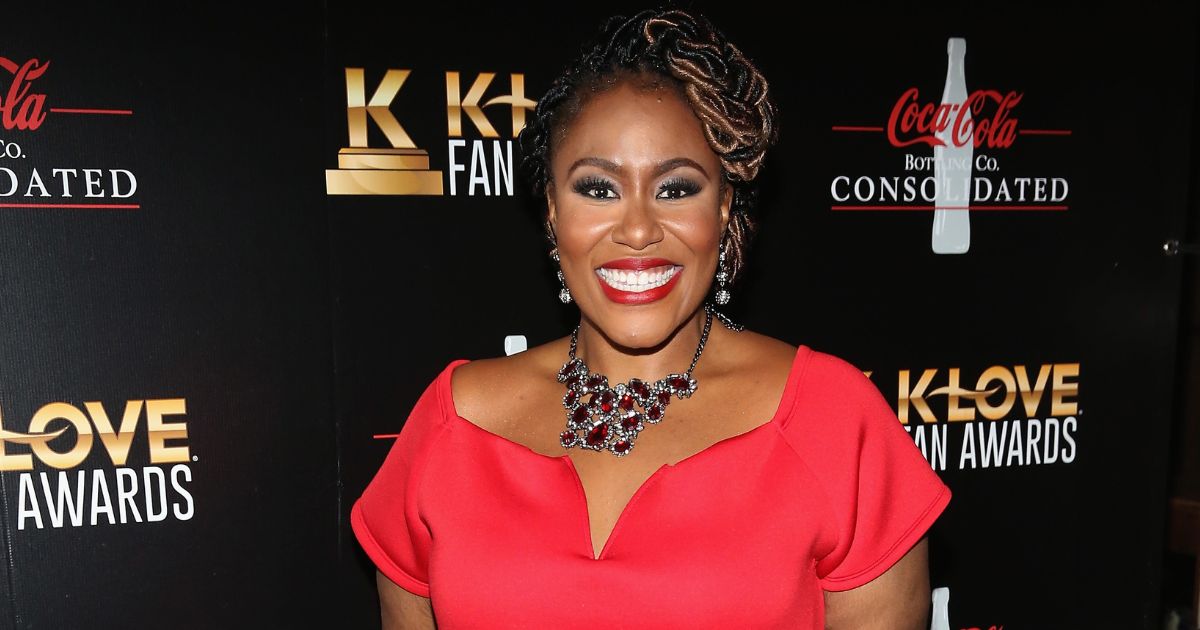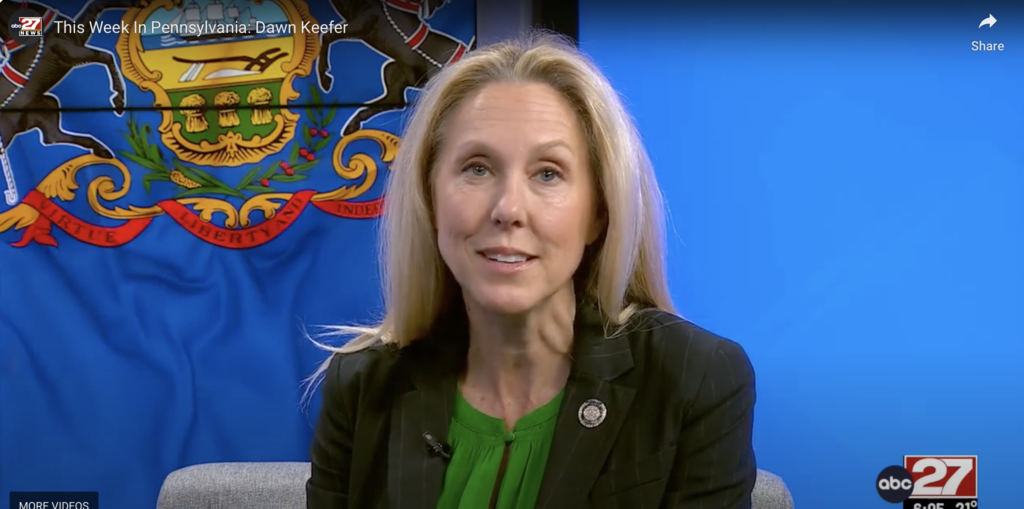On Election Day, Here’s What the Polls Really Say
As Americans await tonight’s election results, political observers and the country’s top journalists have based their predictions, and their reporting, in large part on the final polls released last week. But many of these polls are likely to differ substantially from the final outcomes.
NBC News, for example, released its final national survey on Sunday. Chuck Todd trumpeted the results on Sunday’s Meet the Press: Democrats and Republicans are tied at 47 percent on the “generic” congressional ballot, and among likely voters in the same survey, Democrats now hold a 1-percentage-point lead.
While NBC’s survey likely buoyed Democrats, an analysis of the poll and the results of other recent surveys—as well as NBC’s polling history—suggests these generic ballot numbers may be inaccurate. For starters, since 2014, NBC’s final generic ballot poll has never shown Republicans in the lead. You read that right. Even in 2014 and 2016, when Republicans won substantial congressional majorities, NBC News’s polls didn’t show the GOP with an advantage.
Over the last four cycles, NBC has overestimated Democrats’ strength on the generic congressional ballot by an average of 2.5 percentage points. Adjusting Sunday’s poll through that lens—that is, taking into account NBC’s historic 2.5-percentage-point overweighting of Democrat strength—turns this poll’s 1-point Democratic lead among likely voters into a 1.5-point edge for the GOP. That brings this poll in line with other generic ballot polls released since Oct. 20, which collectively show a 2.5-point Republican lead.
This 2.5-point Republican edge, should it materialize, would likely result in disproportionate Republican gains in the House because Democratic voters in many populous states tend to be clustered in a small number of districts. That’s also why Republicans have typically won more seats than their congressional ballot support would suggest, and a GOP win by 2 or 3 points in the total congressional vote is likely to translate into a substantial Republican majority in Congress.
NBC has hardly been alone in terms of polling error. Political polling in general has come under scrutiny in recent years, especially since Donald Trump’s unexpected 2016 victory over Hillary Clinton—unexpected, that is, because the polls had not predicted it. Speculation about the causes has ranged from the view that a growing number of voters, primarily Republicans, are unwilling to share their opinions with pollsters, to the suspicion on the right that some pollsters or their media cook results when they weight samples or develop turnout models.
" Conservative News Daily does not always share or support the views and opinions expressed here; they are just those of the writer."




